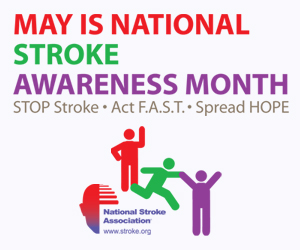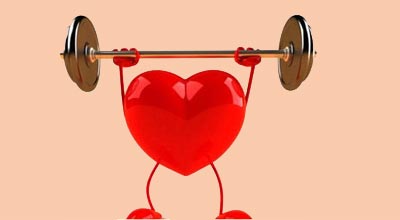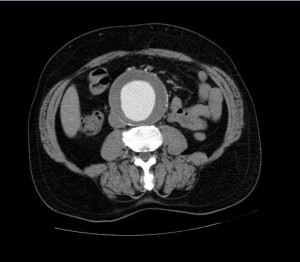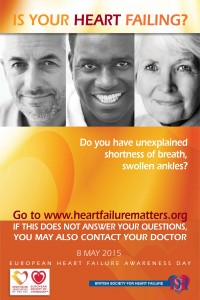Have you or a loved one ever had a stroke? It can be a frightening thing to experience. Strokes are the leading cause of death and the risk of permanent disability for many in the United States. When it comes to your health and well-being, it is important to be aware of signs of a potential danger. There are ways to prevent a negative outcome and even death. Being aware of the factors that lead to a stroke as well as preventative measures is very important to keep in mind.
The Side Effects & Risks
Not only are strokes the leading cause of death for thousands of patients each year, they can also lead to permanent brain damage. The major cause of strokes is clogging of an artery in the brain, low blood pressure, and blood clots. The risk factors include cigarette smoking, high blood pressure, diabetes, alcohol abuse, and heart disease. Unhealthy habits and even stress can affect the immune system leaving room for sickness and disease.
It is important to be aware of the signs of a stroke so that you can be prepared to take immediate action if needed. As a patient, you have the right to be informed and have a level of control over your health to prevent a stroke that can have potential permanent adverse effects on your health and future, especially in the case of a delayed medical diagnoses. Seeking legal advice along with medical assistance can prove to be beneficial and even preventative.
Physical Signs of a Stroke
The following are early warning signs of a stroke:
Numbness of the face or arm. The loss of voluntary movement or sensations is a sure sign of a stroke. Usually these are followed by heart palpitations. It is important to be aware of these signs in order to take immediate action.
Confusion. If a person finds themselves unable to process thoughts or speak coherently this could be a sign of a serious problem. It can be accompanied by a slurring of words and even foaming at the mouth. Make sure to ask them questions to see if they respond back to you. If they are unable to respond clearly or coherently it is a clear sign that the person is in need of immediate help.
Blurred vision. An inability to see clearly or even losing focus in one eye can be a sign of an issue. If the person complains of vision impairment, it can be a sure sign that they are in danger of experiencing a potentially life-altering stroke.
Trouble with walking or balance. If a person seems off balance or suddenly loses their step, it could be a signs of an impending stroke. If you notice irregularity in your movement it is important to seek the advice of a physician. Don’t wait to seek a medical checkup.
Be well-informed about your medical condition and ask your physician key questions about your health. One can never go wrong with preventative measures that add to their quality of life and prevent potential life-threatening disease. Often heart conditions will lead patients to make life-changing decisions like changing their eating habits, exercising or walking regularly, and cutting healthy habits from their lives.
It is important to be an active participant in your health and well-being. Take control of your health! Be well informed.





